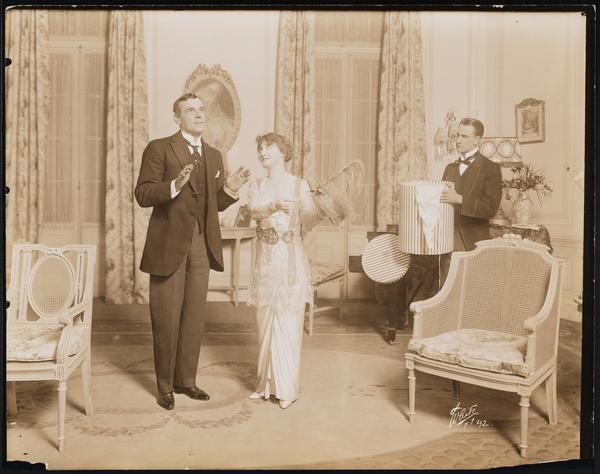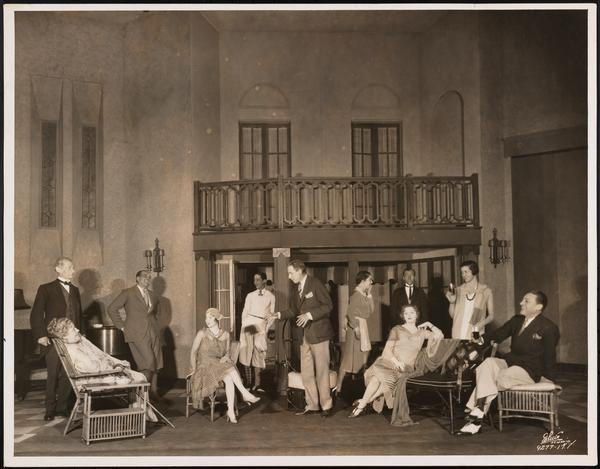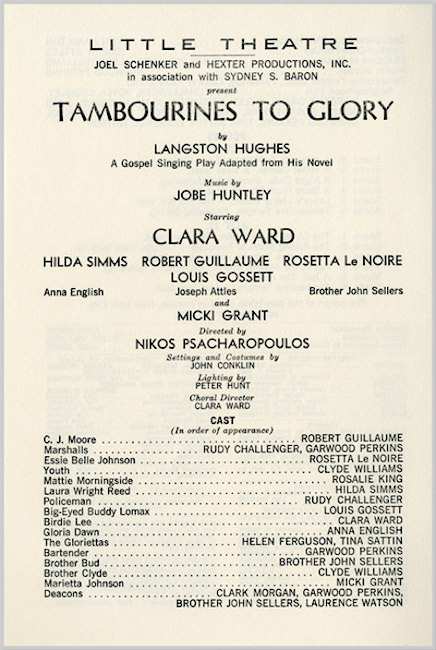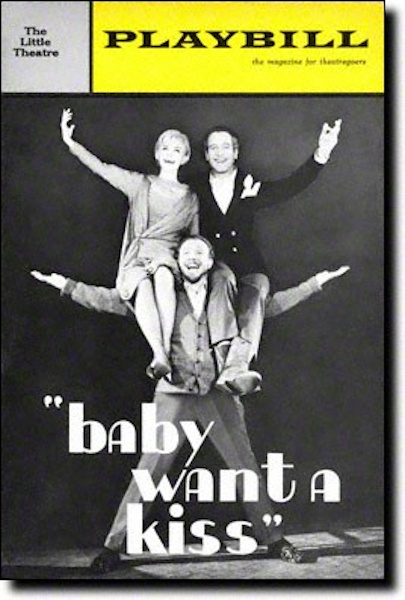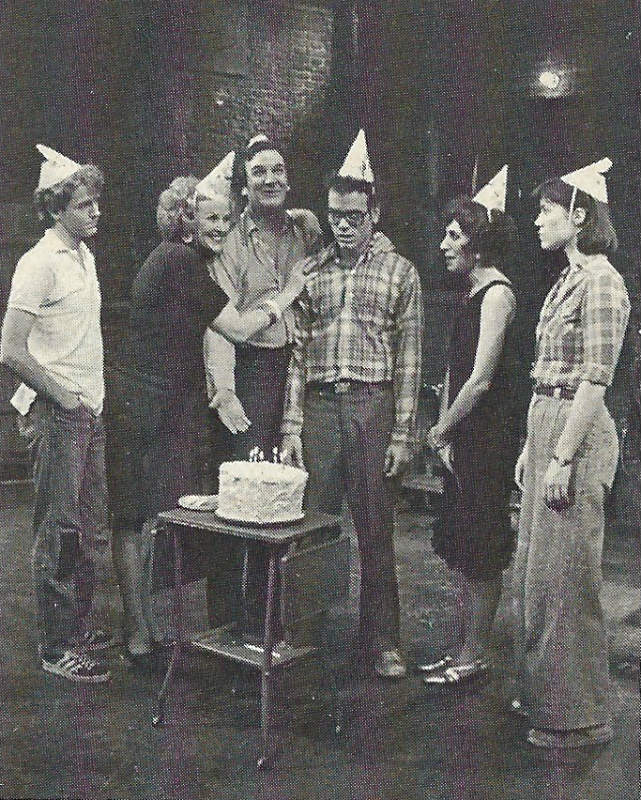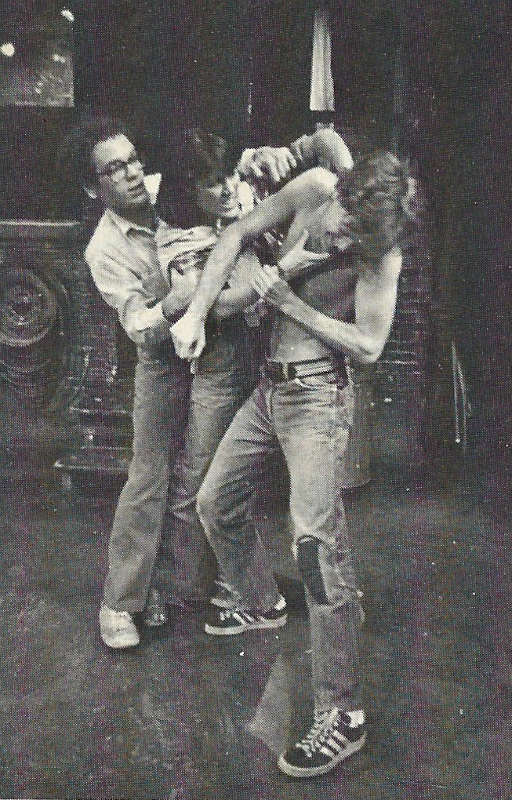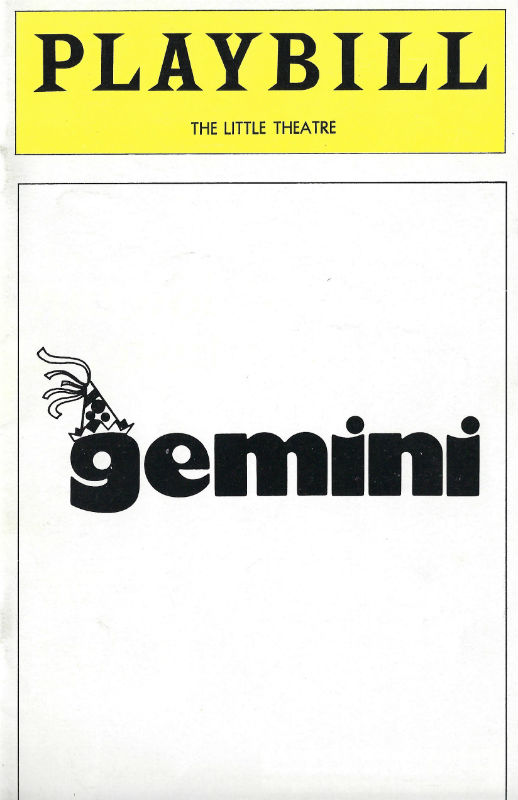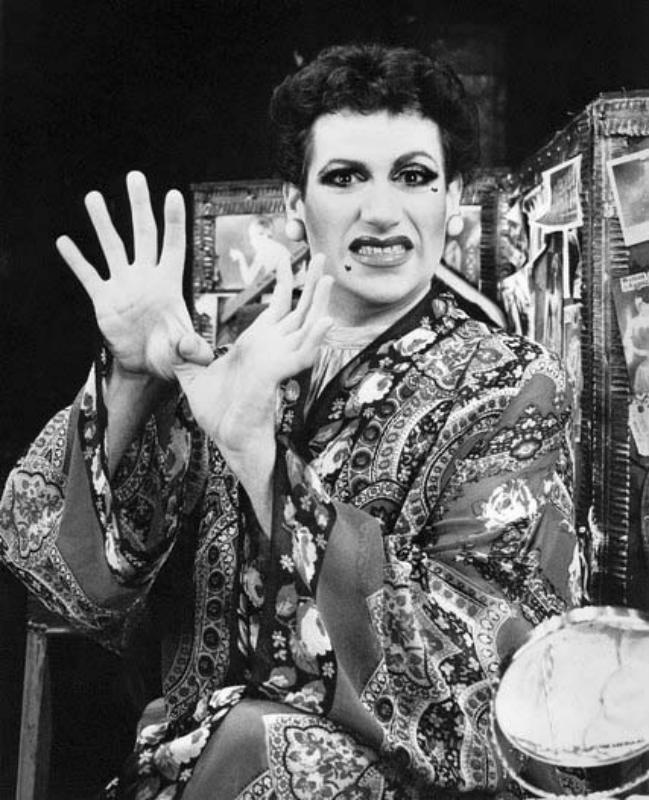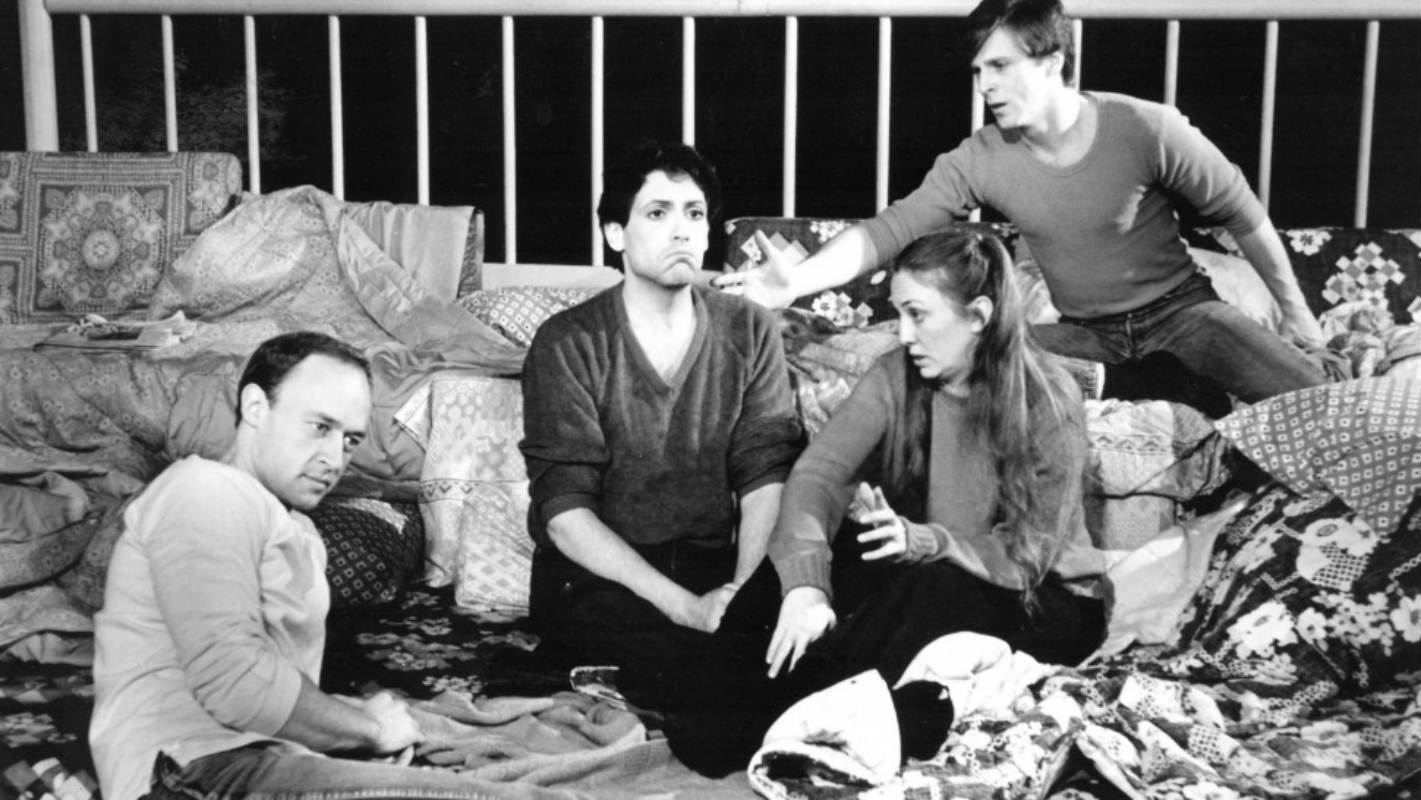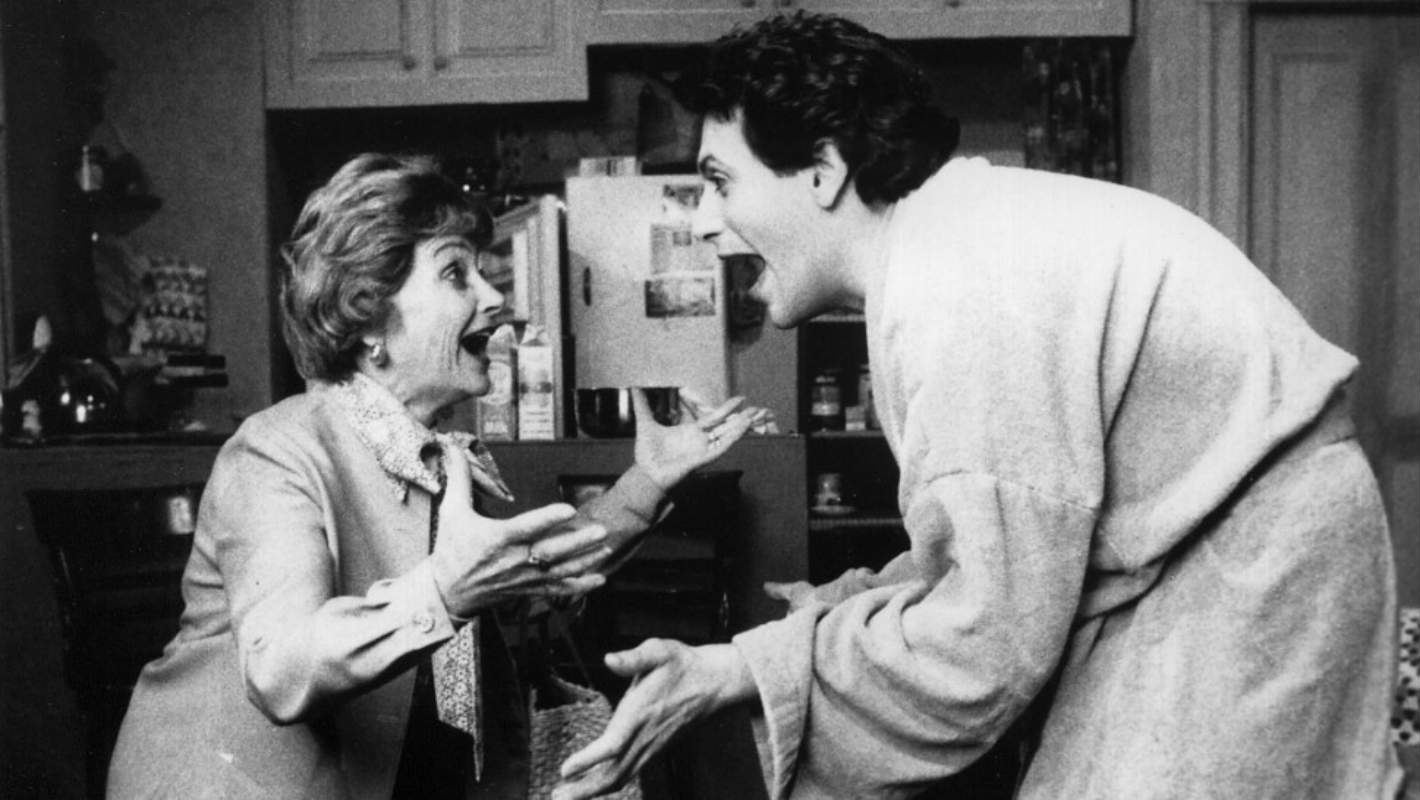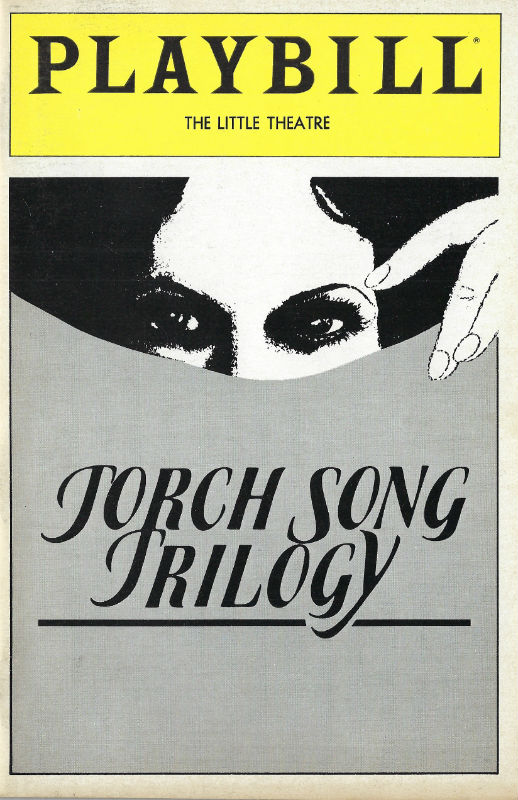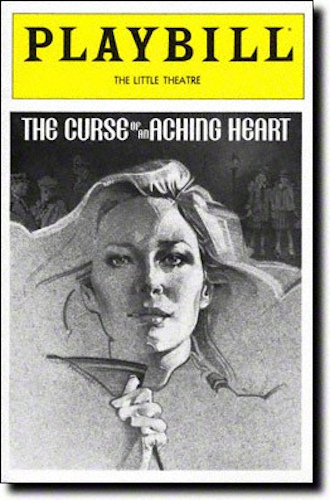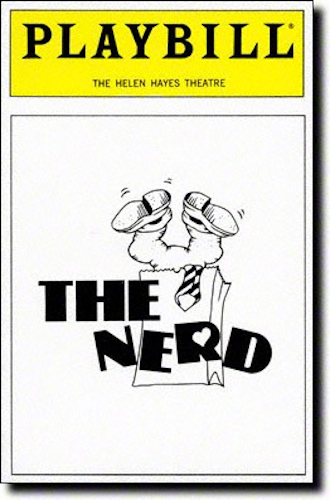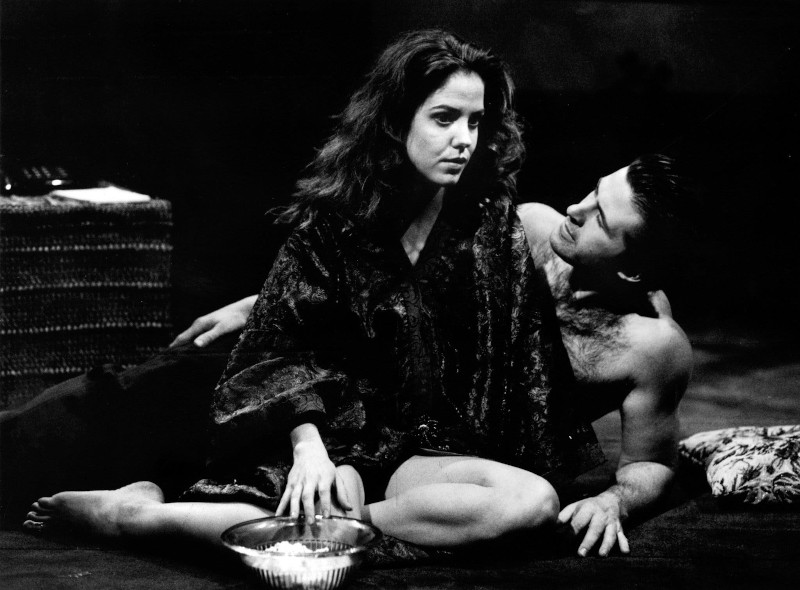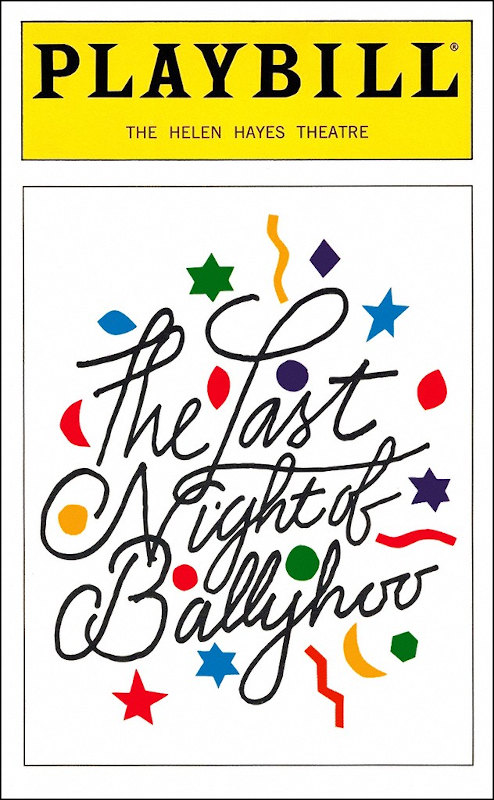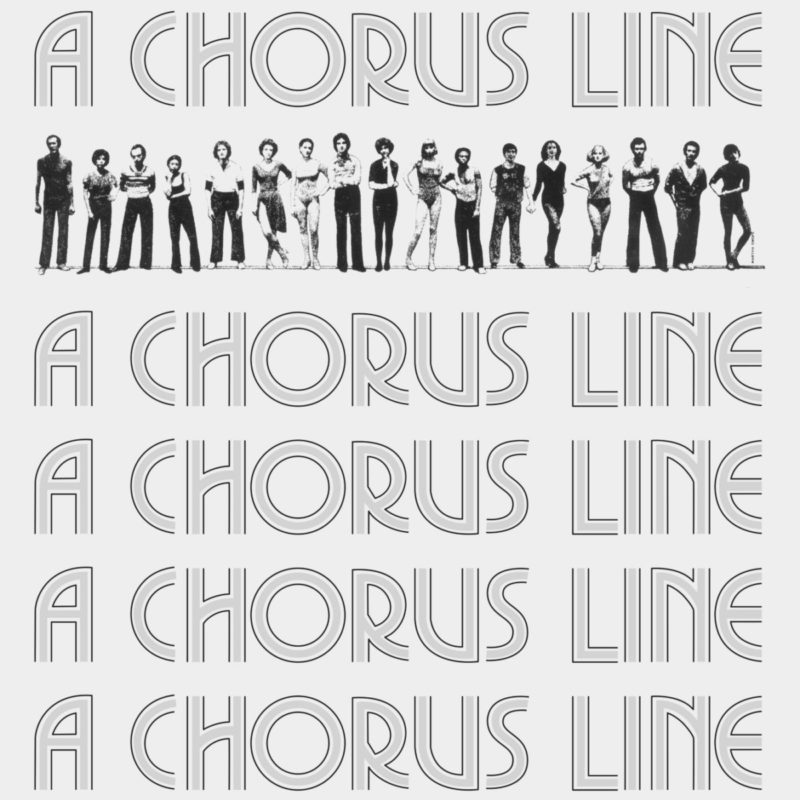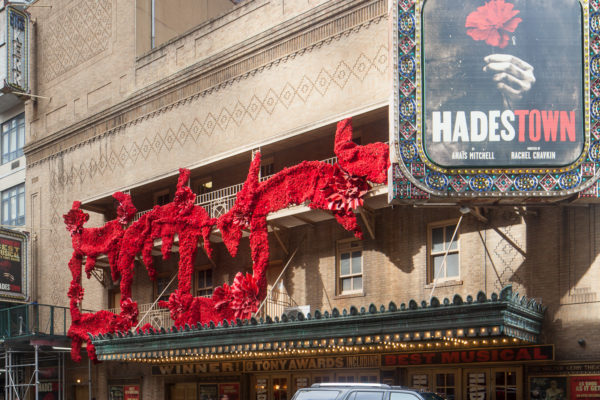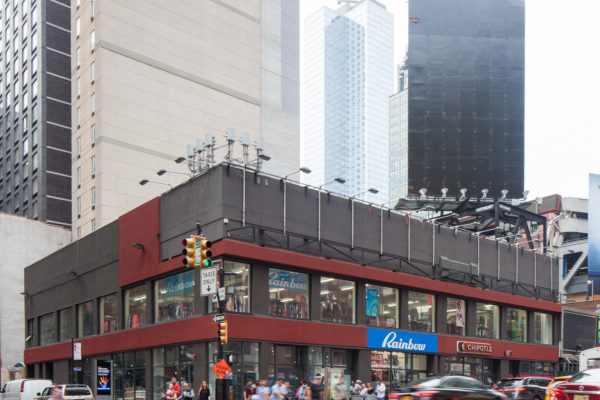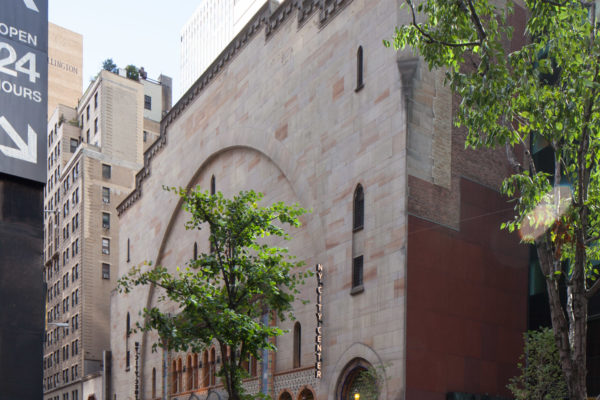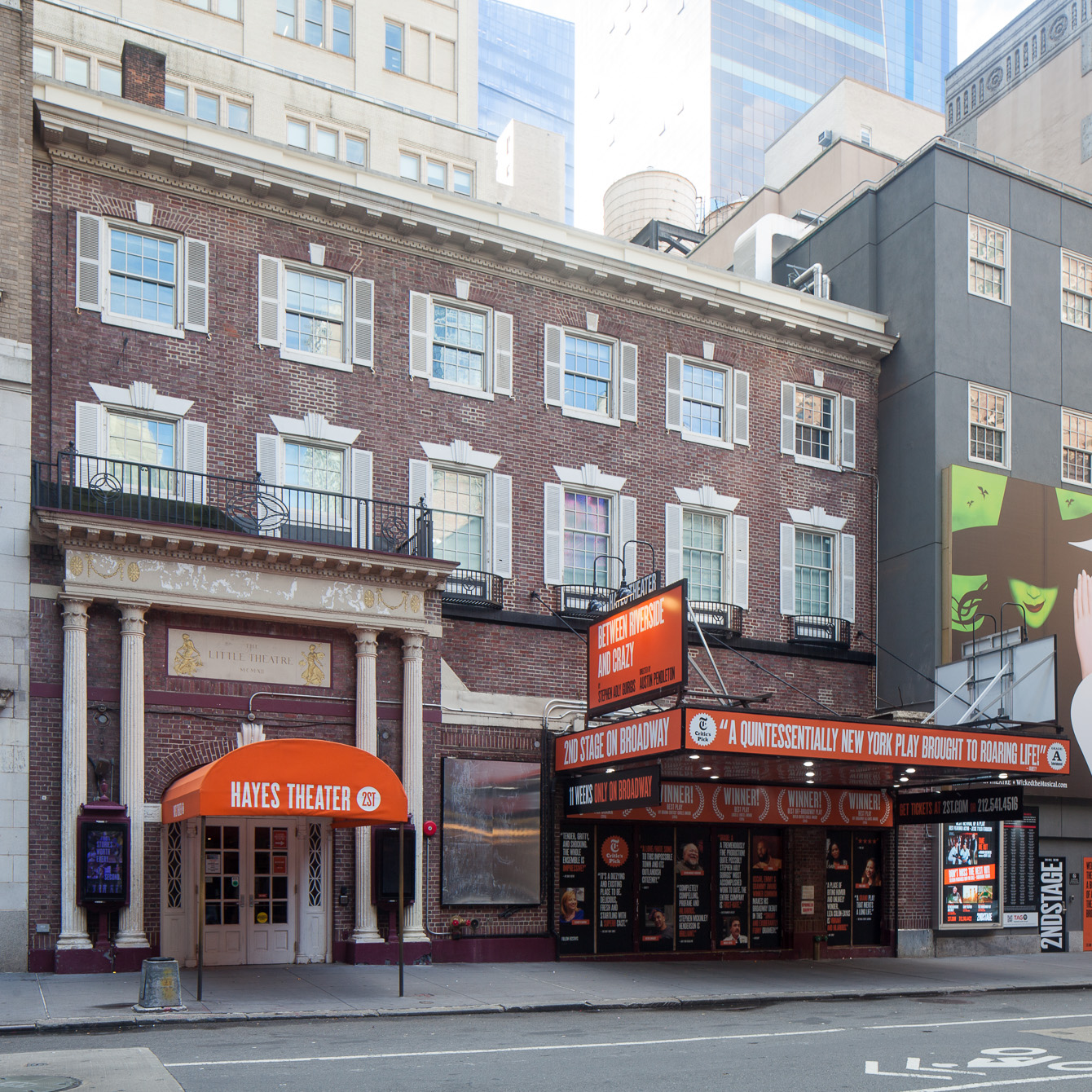
Helen Hayes Theater (originally Little Theater)
after opening as the Little Theater in 1912, this site was renamed the Helen Hayes Theater in 1983
overview
Opened as the Little Theater in 1912, this venue, the smallest house on Broadway, has staged multiple productions involving major LGBT creators and performers, including Clyde Fitch, Rachel Crothers, George Cukor, Langston Hughes, Clara Ward, Noel Coward, and John Lee Beatty, among others.
In the late 1970s and early 1980s, the theater was home to two pioneering plays with gay themes: Albert Innaurato’s Gemini (1977) and Harvey Fierstein’s Torch Song Trilogy (1982). The venue was renamed the Helen Hayes Theater in 1983.
On the Map
VIEW The Full MapHistory
Little Theater
The Little Theater, opened in 1912, was a project of Winthrop Ames, heir to a large New England industrial fortune, who rejected the family business and turned instead to theatrical producing. Ames envisioned his Little Theater as a house where the actors and audience would be in close proximity. Relating to the feeling that audience members were guests in Ames’ house, he had the theater designed in a “homey” Colonial Revival style.
Early plays with LGBT associations at the Little Theater included:
- The Truth (revival, 1914) by Clyde Fitch, with actor Guthrie McClintic
- A Little Journey (1918-19) by Rachel Crothers
- He and She (1920) by Rachel Crothers, with Crothers performing as well
- Trigger (1927-28), staged by George Cukor
- Let Us Be Gay (1929), a hit written and directed by Rachel Crothers, and with actor Ross Alexander
- Honeymoon (1932-33), with actor Ross Alexander
- Dark Victory (1934, opened at the Plymouth Theater), with actor Tallulah Bankhead
The Little Theater was used as a lecture hall, and then leased to CBS Radio and ABC TV until 1963. As a legitimate theater, it produced Tambourines to Glory (1963), written by and with lyrics by Langston Hughes, starring gospel legend Clara Ward; and Baby Want a Kiss (1964), with scenic and costume design by Peter Harvey. The Westinghouse Corporation leased the building from 1965 to 1974.
Returning again to use as a legitimate theater, the Little Theater hosted two intimate family dramas that were pioneering Broadway plays dealing with gay themes. From 1977 to 1981, after Off-Broadway and regional productions, Albert Innaurato’s Gemini played here for 1,819 performances, supervised by Marshall W. Mason, and with actor Jonathan Hadary. The protagonist of this antic comedy is Francis Geminiani, a working-class young man returning to his Philadelphia home from Harvard to celebrate his 21st birthday. Among other issues, Francis is confused about his sexuality, which is left unresolved at the end of the play. The previous incarnation of the play ran at the Circle Repertory Theater in Greenwich Village, which produced many gay-themed plays; it won a 1976-77 Obie award.
In 1982, Harvey Fierstein burst into the Broadway theater world with his Torch Song Trilogy, in which he also starred.
Harvey Fierstein is easily the most unusual star Broadway has seen in awhile. . . . He is believed to be the first Broadway star who is both gay and willing to say so publicly.
Torch Song Trilogy comprises three separate plays, International Stud, named for the gay bar at 117 Perry Street which had a famous back room, Fugue in a Nursery, and Widows and Children First!. The plays premiered individually at Off-Off-Broadway’s La MaMa Experimental Theater Club. They were then combined into a four-hour, three-act Off-Broadway production by The Glines, an organization founded by John Glines that presented gay-themed plays, before moving to the Little Theater where it ran for 1,222 performances. The play centers on the character of Arnold Beckoff, a gay, Jewish, drag queen, who craves a committed, romantic relationship and a traditional family with a husband and child. Torch Song Trilogy won an Obie Award and Tony and Drama Desk Awards for Best Play and Best Actor (Fierstein). Accepting his award for producing the play, Glines thanked his lover, co-producer Larry Lane, becoming the first person ever to acknowledge a same-sex partner on a televised awards ceremony. The play also featured stage design by Bill Stabile, and Jonathan Hadary replaced Fierstein in the leading role.
One other LGBT-associated play at the Little Theater was The Curse of an Aching Heart (1982), with scenic design by John Lee Beatty.
Helen Hayes Theater
This theater was renamed the Helen Hayes Theater in 1983, after the earlier Helen Hayes Theater, at 210 West 46th Street, was demolished in 1982. (This demolition, along with the Morosco Theater, prompted the public demand for designation of the Broadway theaters, which the Landmarks Preservation Commission undertook soon after).
LGBT-associated hits at the Helen Hayes included:
- The Nerd (1987-88), directed by Charles Nelson Reilly, with scenic design by John Lee Beatty, and with actor Robert Joy
- Prelude to a Kiss (1990-91) by Craig Lucas, and with actor Michael Warren Powell
- The Last Night of Ballyhoo (1997-98), with scenic design by John Lee Beatty
Other LGBT-associated shows at the Helen Hayes included:
- Corpse (1986), with costume design by Lowell Detweiler
- Oh Coward! (1986-87), with music and lyrics by Noel Coward
- Artist Descending a Staircase (1989), with scenic design by Tony Straiges, and lighting design by Tharon Musser
- Night Must Fall (revival, 1999, opened at the Lyceum Theater) by Emlyn Williams
- Epic Proportions (1999), with costume design by William Ivey Long
Entry by Jay Shockley and Andrew S. Dolkart, project directors (June 2018, with multiple additions).
NOTE: Names above in bold indicate LGBT people.
Building Information
- Architect or Builder: Ingalls & Hoffman
- Year Built: 1912
Sources
“The 1st List of: Gay/Lesbian/Bi Industry People, Both in Front and Behind the Camera,” www.imdb.com, May 31, 2013.
Adam Hetrick, “The Work of Broadway’s Gay and Lesbian Artistic Community Goes on Display Nov. 14 When the Leslie/Lohman Gay Art Foundation Gallery Presents ‘StageStruck: The Magic of Theatre Design’,” Playbill, November 14, 2007.
Elenore Lester, “Innaurato – His Passion for the Outcast is Finding a Place on Stage,” The New York Times, May 29, 1977.
Emmanuel Nelson, Encyclopedia of Contemporary LGBTQ Literature of the United States (Westport, CT: Greenwood Press, 2009).
Internet Broadway Database.
Jerry Parker, “A Gay Voice on Broadway,” Newsday, June 22, 1982. [source of pull quote]
John Clum, Acting Gay: Male Homosexuality in Modern Drama (New York: Columbia University Press, 1992).
Little Theater Designation Report (New York: Landmarks Preservation Commission, 1987).
Neil Genzlinger, “Albert Innaurato, Playwright Who Lit Up Broadway in ‘70s, Dies at 70,” The New York Times, September 27, 2017.
Nicholas de Jongh, Not in Front of the Audience: Homosexuality on Stage (London: Rutledge, 1992).
Do you have more information about this site?
This project is enriched by your participation! Do you have your own images of this site? Or a story to share? Would you like to suggest a different historic site?
